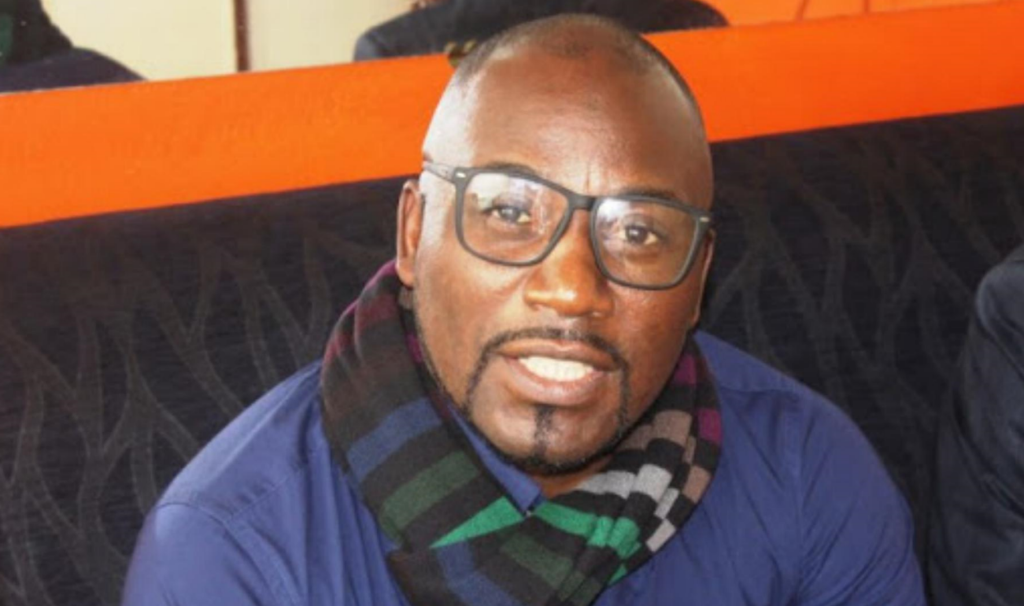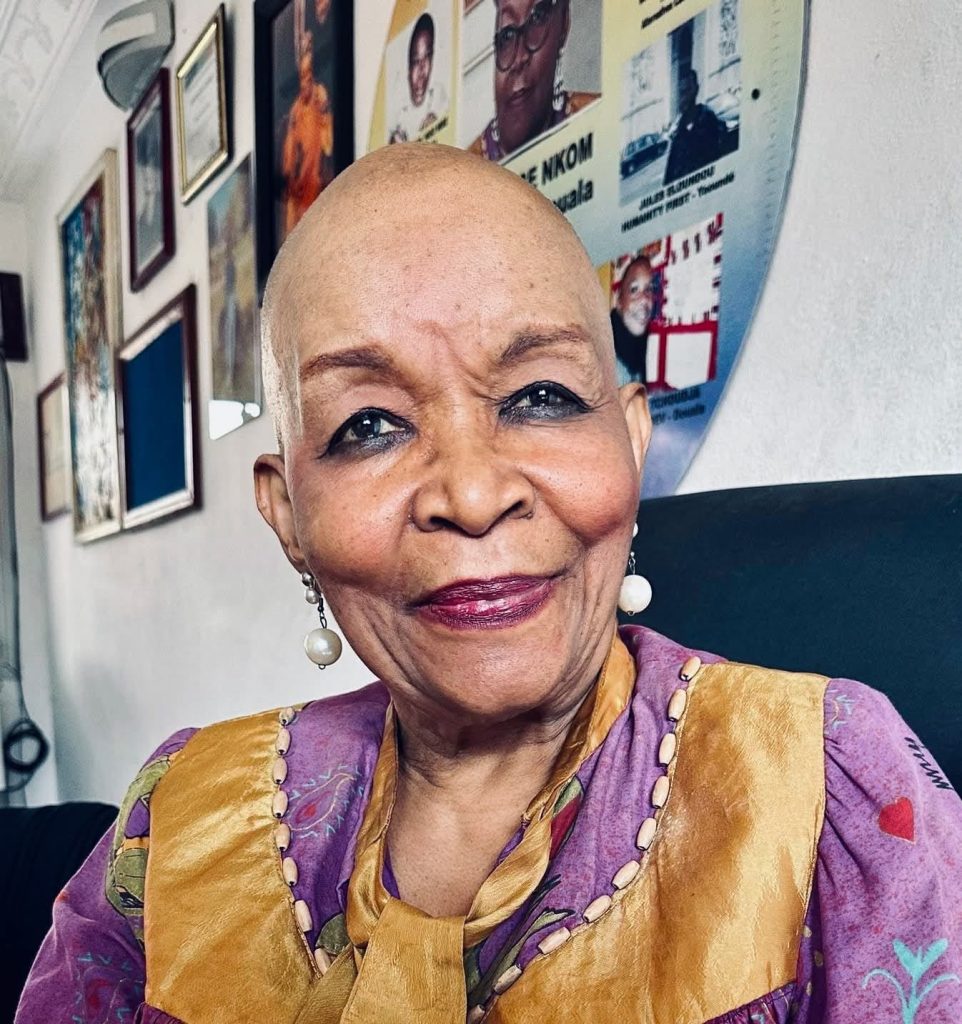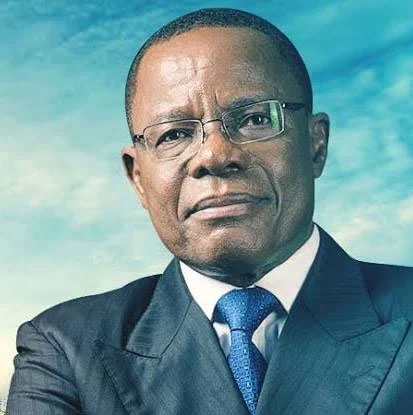Alice Nkom stands strong against new round of homophobic insults
LGBTQ rights activist and journalist in Cameroon.
Online dispute focuses on Cameroonian attorney and human rights defender

On July 20, an unexpected altercation occurred during a telephone call between two Cameroonian public figures: Attorney Alice Nkom, a pioneering human rights lawyer and long-time advocate for gay people, and Serges Tamba, a sharp-tongued conservative radio host.
The private phone call, which was shorter than 10 minutes, was placed directly by Tamba to Attorney Nkom. The content of the call was soon leaked and became a cause celebre on social media,
The call had quickly degenerated into a barrage of insults and homophobic remarks, which were amplified online in a country that is deeply divided on issues of gender and freedom.
“You are tarnishing Cameroon’s image by defending unnatural practices!” Tamba was reported to have shouted over the phone at Nkom.

She reportedly replied calmly, “I defend human beings, not practices. And I haven’t asked for your blessing.”
Tamba’s outburst had been triggered by a recent media appearance during which Nkom welcomed a recent statement by a little-known organization, the Cameroon Homosexual Community (CHC), in support of longtime opposition leader Maurice Kamto — before election officials on July 26.removed him from the presidential ballot.

For years, Nkom has advocated for the decriminalization of homosexuality in both local and international media. She has been regularly targeted by harassment campaigns.
Activitists said that Tamba’s call is part of this dynamic — a moral protest aimed at intimidating outspoken figures through informal pressure and rhetorical violence.
“We’ve had enough of your debauchery laws. You want to turn our children into homosexuals”, Tamba allegedly added before abruptly hanging up.
LGBTI testimonies: Support and anger
These were some of the LGBTI-friendly online responses to the telephone call:
“Ms. Nkom is our voice in the courts. The only one who dares to confront those who humiliate us.” Kevin M., CHC activist
“This call is an attempt at intimidation. It’s a silent, but serious, violence.” Sandra B., lesbian activist in Douala
“This kind of attack doesn’t just target Ms. Nkom. It targets all of us.” Laure N., bisexual woman in a Yaoundé collective
Homophobic testimonies: Rejection and demonization
These were some of the anti-LGBTI online responses to the telephone call:
“We must silence this woman before she further corrupts our youth.” Pastor Emmanuel N., reaction on Facebook
“Nkom’s fight is satanic. She is funded to destroy our African values.” Anonymous comment shared in community WhatsApp groups
These remarks, although extreme, reflect a national climate where fear and rejection of difference are often legitimized by religious or identity-based discourses.
Alice Nkom, 50 years of atruggle
The first female lawyer to be admitted to the Cameroonian Bar in 1969, Ms. Nkom founded ADEFHO (Association for the Defense of Homosexuals) in 2003. She has defended dozens of young people prosecuted under Article 347 bis of the Penal Code, denounced forced anal tests performed by security forces, and represented Cameroon in international human rights forums.
Despite threats, her stance remains constant: inclusion, equality, and human dignity.
Her position is supported by several local and international organizations, including Human Rights Watch, Alternatives Cameroun, and Amnesty International, which have been advocating for decriminalization for over ten years.
The author comments:
Efforts to enforce Article 347 bis of the Cameroonian Penal Code, which punishes homosexual relations with imprisonment for six months to five years, have led to:
- Arrests without warrants
- Forced “sex verification” tests
- LGBTI people who spend their life in hiding
The exchange between Ms. Nkom and Serges Tamba raises a central question: to what extent can human rights defenders practice freely without suffering informal violence?
Ms. Nkom, herself recently summoned to court for “endangering state security,” has become the symbol of a struggle that goes beyond the courts — the struggle for social recognition.
“I’m used to insults,” Nkom is quoted as saying. “But what’s serious is the silence of institutions in the face of hatred.”




